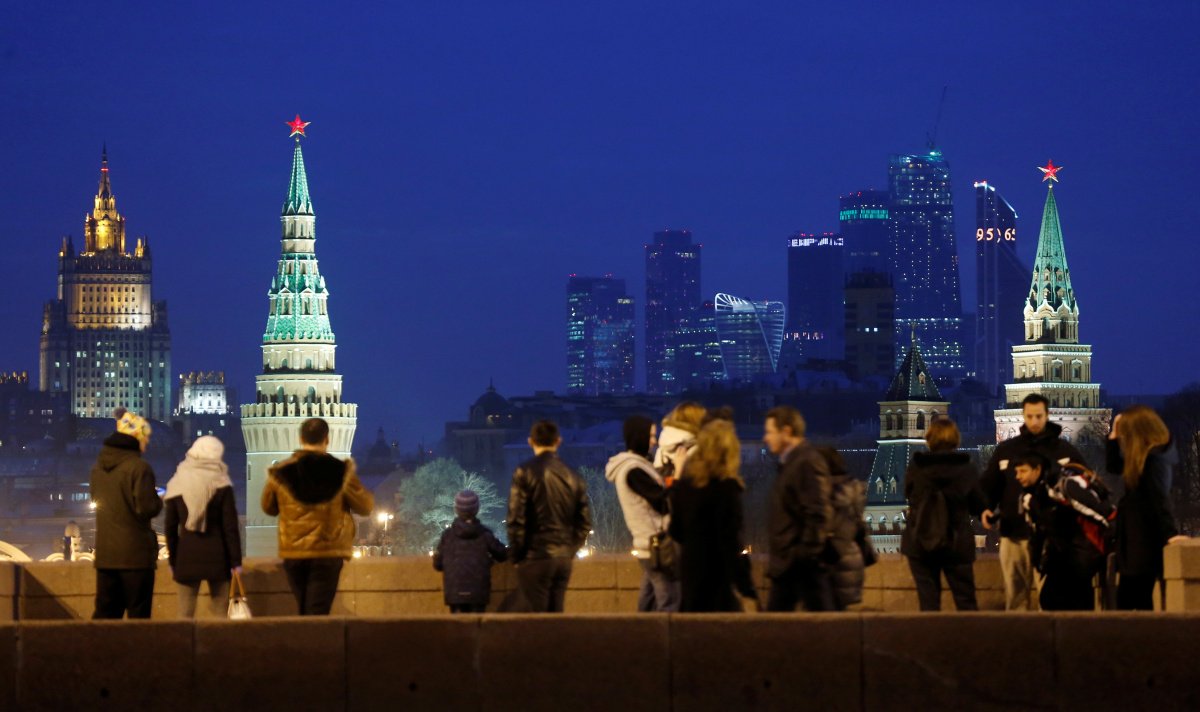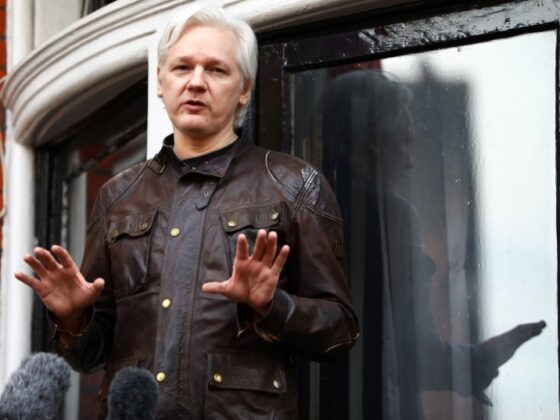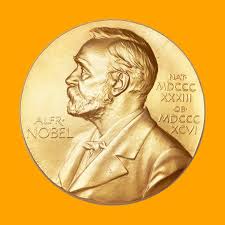(National Interest) At least in Political Science, Russian studies is alive and well. The APSR is not an exception. Look at recent issues of The Journal of Politics, World Politics, The British Journal of Political Science, Comparative Politics, and Post-Soviet Affairs, the journal I edit, and you will find innovative research on Russia on topics ranging from whether Putin’s approval ratings are real to the impact of social media on protest. And this is before we consider the many excellent academic books on Russia that have been published in recent years. Much of this work comes from a new generation of scholars trained after the fall of the Soviet Union and much of this work is done by scholars from Russia themselves. In many respects the study of Russia has become far more mainstream in Political Science than at any time since in the 1950s and early 1960s.
Critics point out that fewer students are taking Russian language courses. Bershidsky notes that “According to the Modern Language Association, about a third fewer U.S. college students took Russian language courses in 2013 than in 1960.” True enough.
But more students enter undergraduate and graduate programs already having Russian language skills. Of the nine graduate students I’ve advised at Columbia in the last decade who work on Russia, four are Russian citizens. And similar ratios likely hold for my colleagues at other Ph.D. granting institutions. The many excellent political scientists writing on Russia have little need for Russian language classes. […]
Read More © The National Interest











